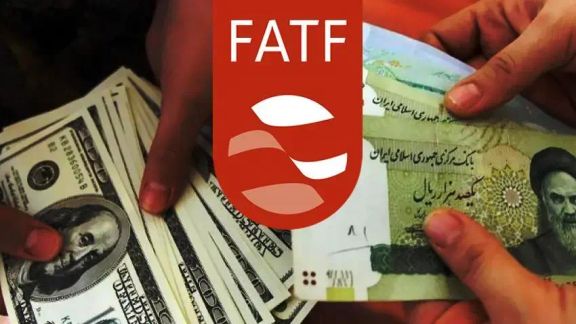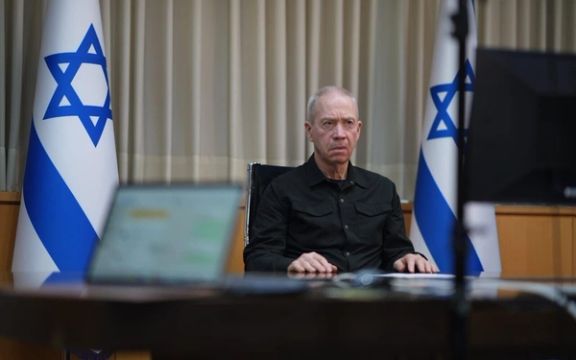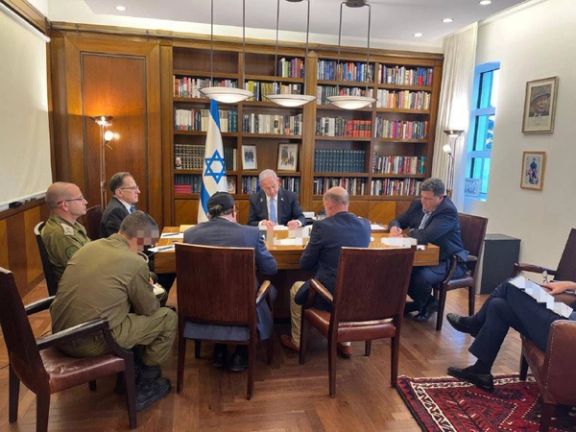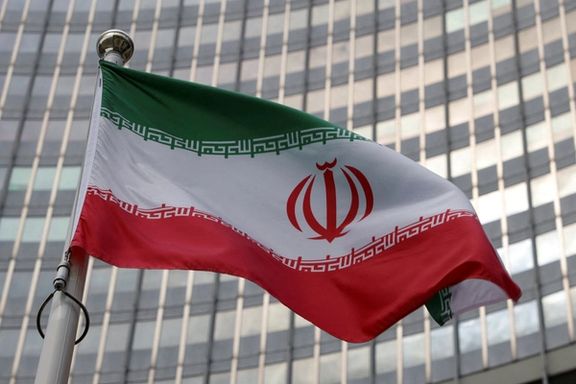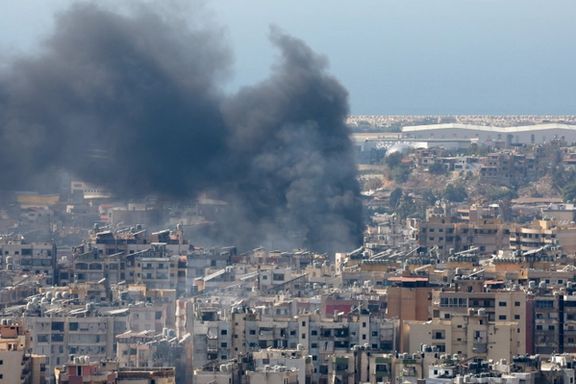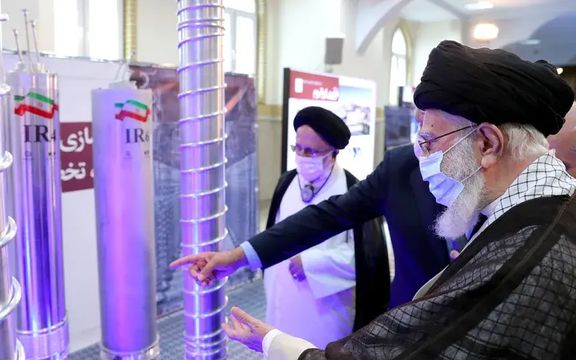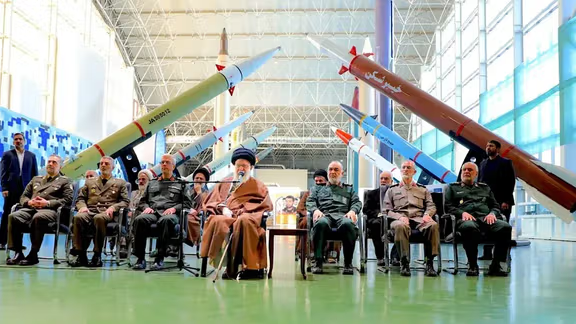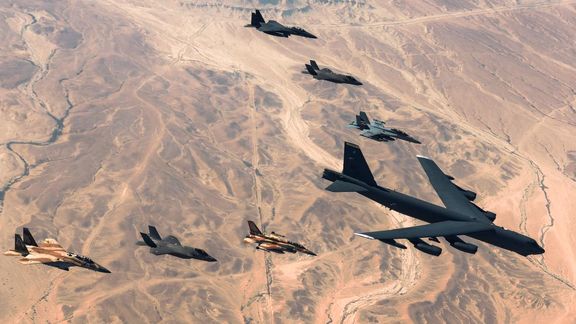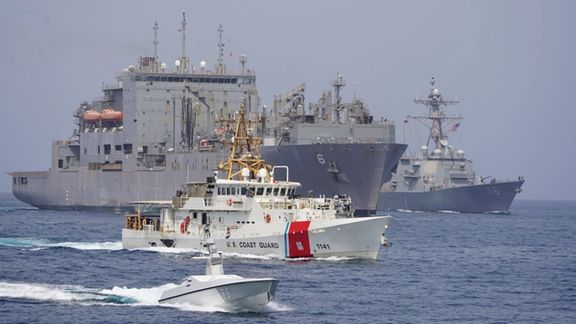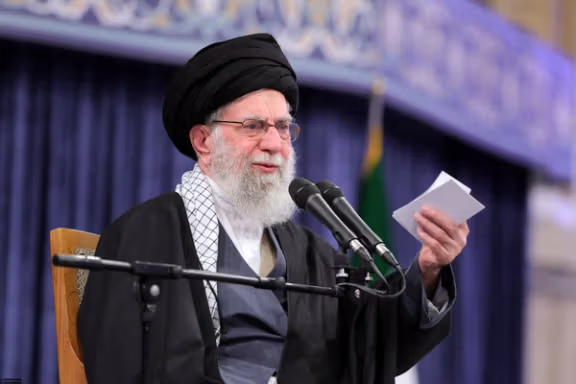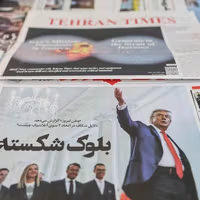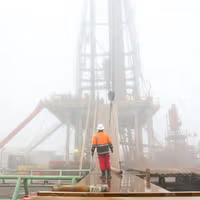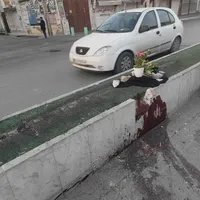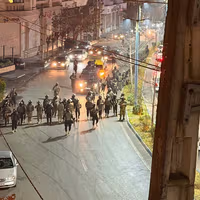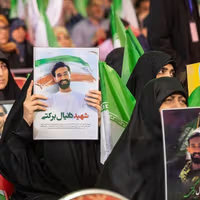Amid an ongoing economic crisis, compounded by challenges from the 2019 Beirut port disaster to the pandemic, Lebanon is already on its knees.
Prior to the war, only one third of the country, mainly Shiites, had confidence in Hezbollah, but as the destruction of Israel’s bombardment of the Iranian proxy continues, Dr Michael Robbins from the Arab Barometer warns it could sway the balance.
“In times of war, it is very difficult to know for sure how public opinion will change,” he said. “In Arab Barometer’s last survey of Lebanon in the spring, just 30% of Lebanese had confidence in Hezbollah. However, this was deeply divided by sect. The vast majority of Shiites in Lebanon had confidence in Hezbollah compared with a small minority of Christians, Sunnis, or Druze.
“However, when we asked if it was good the Arab region that Hezbollah is getting involved in regional politics, Christians, Sunnis, or Druze were more likely to agree in spring 2024 than they were in late 2021 to early 2022. Hezbollah’s attacks on Israel after October 7 are the most likely explanation for this increase.”
As the Israeli offensive now leaves around one million Lebanese displaced, the risk of allegiance to Hezbollah grows.
“While many in the Shiite community turned to Hezbollah for protection and social services, Hezbollah’s inability to protect them or provide for them may have driven down support for this organization, at least in the short term. The broader question is really the longer-term effects. If Hezbollah is able to successfully resist the Israeli invasion, as it did in 2006, then Lebanese attitudes may once again become more favorable toward the group as it did when it repelled Israel in 2006. So, it is too soon to say what will be the ultimate effect on views of Hezbollah.”
Huge swathes of southern Lebanon have been turned to rubble, in addition to Hezbollah strongholds in Beirut, the group buried deep within and underneath the civilian infrastructure.
Targeted killings have reached the top levels of the group, including the once seemingly immune Hassan Nasrallah. Over 1,500 operatives were also taken out of action in a mass pager and walkie-talkie attack, which Israel has not claimed responsibility for.
However, for Iran, the group is a key asset and experts say the support from Iran will only strengthen in the face of such destruction by Israel.
“Iran would likely replenish Hezbollah’s material losses and provide financial support to help the group recover, as it did in 2006,” according to the Center for Strategic and International Studies. “Iran has also increasingly signaled its willingness to directly attack Israel in response to the Israeli threat to Hezbollah, and the Israeli response to Iran’s October 1 ballistic missile attack will risk further escalation between the two regional powers.”
Before the latest escalation, the worst since the last war in 2006, many Lebanese, especially those who were not Shiite, were deeply opposed to Hezbollah and many wanted it destroyed, said Dr Robbins. “Yet, at a time of war, the situation often changes. Confronted with the realities of an Israeli invasion, it is possible that there has been a “rally-around-the-flag” effect where Lebanese, despite their differences, band together against a foreign force. Surveys conducted after October 7 in the Palestinian Territories showed increased levels in support for Hamas. It’s possible that the same is happening today in Lebanon but it is difficult to say without new survey data on this topic.”
Before the strike on Nasrallah, non-Shia Lebanese were longing for Israel to take action against the group which has hijacked the country’s political and economic systems. But now, as destruction continues, the feelings are changing.
George Khoury, a Christian from Beirut, told Iran International: “This is not Gaza, we didn’t ask for this and this is not a way for us to live. We are all being punished for Hezbollah. Yes, we want the end of this terror group, but this is a huge price we are all paying now.”
The future of Hezbollah is now in question, but killing its ideology is harder still. “Even if Israel were successful in destroying Hamas, it is unclear what would fill the resulting vacuum. ISIS filled such a vacuum in parts of Syria and Iraq while ISIS and al-Qaeda affiliates have done the same in the Sahel region just south of the Sahara in recent years," Dr Robbins said.
“It is impossible to bomb away an ideology and generally such tactics lead to the destruction of lives and growing resentment. Most likely, this is what will happen in Lebanon just as it has in Gaza. Although Israel might be able to destroy the operational capacity of Hezbollah or Hamas, the events of the last year indicate no clear plan for the day after. Very likely, these same groups would reconstitute or new organizations with a similar ideology would emerge instead.”

